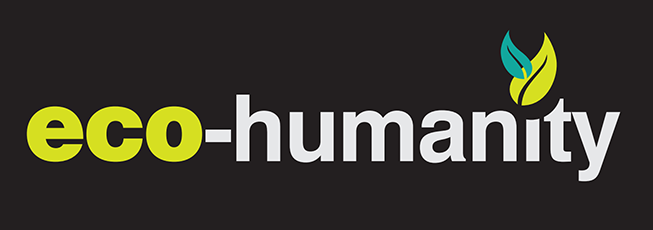Sustainability is the principle that humans should preserve the planet’s resources for the use of future generations. Adopting a sustainable lifestyle means limiting the effects of pollution, particularly due to greenhouse gases, plastics and other chemicals. It also means recycling and not squandering mineral reserves, using our water resources judiciously, and developing farming strategies that preserve the soil. Living a sustainable way of life means ensuring our actions are sympathetic to nature by eliminating over-grazing, over-fishing, deforestation and the worst excesses of factory farming.
To achieve sustainability requires a complete change in individual and community priorities. It requires both co-ordinated government action and a transformation in society’s’ values. Some of the possible solutions are becoming clear, others still need development. As regards energy use, we have to move from relying on power from directly burning fossil fuels to using electric motors. The electricity required should be generated without adding to the level of carbon dioxide in the atmosphere. This can be achieved by using green technologies, nuclear power or batteries. Both nuclear and battery power are problematic from a sustainability viewpoint. Ideally their use would be minimised by back-up green technologies. When the wind doesn’t blow or the sun doesn’t shine, power output from green technologies naturally falls, so back-up is always necessary. The aim has to be to generate excess green energy to create back-up sources of power. Raising water to create the potential for hydro-electric power has been used for some time. Finding a way to produce and use hydrogen would be an ideal solution.
Using electric motors won’t solve all the issues of moving away from burning fossil fuels. Whereas cars can be powered by electric batteries, this is not possible for large aircraft. A concerted effort will have to be made to reduce air travel. The Covid crisis has already precipitated a change in this direction, more meetings are being held remotely and more people are working from home. Electric motors will also be insufficient to heat poorly insulated houses in the winter. There will have to be a major investment in home insulation if gas central heating is to be switched off.
We also need to change the way we farm and eat. The inexorable rise in meat consumption across the world is destroying nature and polluting the environment. We need, as far as possible, to stop using herbicides and pesticides and to reduce the need for irrigation. We need farm landscapes that provide habitats and corridors for wildlife and do not pollute the landscape with animal waste. George Monbiot in his great book Regenesis has enthused about two possible ways forward. The first is developing and using perennial cereal crops which don’t require the land to be ploughed annually destroying the soils natural fertility; this avoids the necessity to use agrochemicals. The second is using the sun’s energy to harvest edible protein from cultivated bacteria. Currently we rely on bacterial function in plants and animals to create protein; this idea cuts out the intermediary. Both these technologies are in the early stages of development but show great promise. Implementation, however, would be very difficult. The farm and agrochemical lobbies are very powerful; and any change in the sourcing of food has to overcome our natural conservatism in taste, culture and experience.
Overall, governments have to move away from considering GDP growth as a measure of success. The current level of consumption of the planet’s natural wealth cannot continue indefinitely. The preservation of natural resources for future generations has to be put centre stage. As we have seen recently, GDP growth in the developed world does not necessarily lead to an increase in human well-being. In addition to life-threatening floods, fires, storms and heat waves that come from climate change, we have an obesity epidemic, drug problems and increased social stresses that are causing life expectancy to fall. In addition, technological change is bringing with it mental health problems, particularly from the over-use of social media. It is also enabling the development of a new underclass in society , the precariat, who work on zero hours contract or are self-employed in the gig economy without the full support of the welfare state. The government needs to target more appropriate measures of success, such as healthy life-expectancy, life -satisfaction criteria and measures of environmental sustainability.
It is not sufficient just to think of what governments can do. After all, in a democracy government should do what people want. Achieving sustainability will only happen if there is a change in the values and morality of society as a whole. If we are to achieve a sustainable world, we will all have to:
- Change our diets to eat less meat and more plant, fungal or bacterial sources of food.
- Consciously reduce our travel and avoid flying where practical.
- Reduce conspicuous consumption and recycle as much as possible
- Change to using green sources of energy
- Value and support wild nature
Needless to say, this is an extremely demanding challenge. It will need an emphasis on community-based values and a rejection of selfish libertarian ideas. We will need inspirational moral leaders, religious or otherwise, to step up to the plate and lead by exhortation and example. In short it will need the values of eco-humanity to become paramount across all of society.
